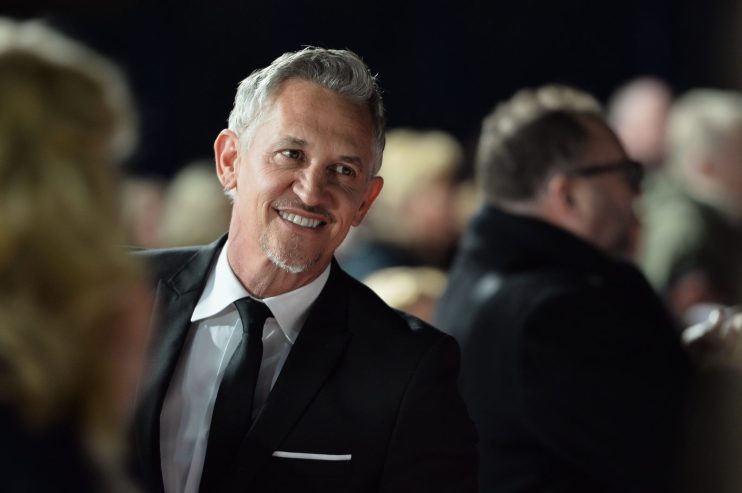BBC bans ‘virtue signalling’ as it cracks down on stars’ social media use

The BBC has banned presenters from “virtue signalling” on social media as part of tough new rules on how its top talent maintains impartiality online.
As part of a sweeping overhaul unveiled today, BBC stars have been told not to express personal opinions on public policy, politics or controversial subjects.
The overhaul marks a major first move by new director general Tim Davie, who has pledged to reform the organisation amid a litany of challenges, including declining audiences, allegations of bias and threats to the licence fee funding model.
In an email to staff today, Davie said the changes formed part of the BBC’s commitment to due impartiality, which he described as “one of the cornerstones of the BBC’s relationship with the audiences we serve”.
The new regulations also ban presenters from revealing how they vote, putting their “personal brand” before their responsibilities to the BBC, engaging in “ill-tempered exchanges” or supporting campaigns.
In addition, it urges staff to avoid virtue signalling — “no matter how apparently worthy the cause” — and warns that the use of emojis can undermine an otherwise impartial post.
The updates were swiftly mocked by veteran newsreader Huw Edwards, who quotes the guidance on emoji alongside scores of emojis of the Welsh national flag.
The changes follow a report put together by former director of BBC News Richard Sambrook, who was tasked with reviewing how the public service broadcaster maintains impartiality on social media.
It follows criticism of a number of high-profile stars, including Match of the Day presenter Gary Lineker, for expressing personal opinions on Twitter.
Outside engagements
In addition to the crackdown on social media use, the BBC also outlined new rules on presenters carrying out corporate work outside the organisation.
The broadcaster has established a register of external engagements and will publish a quarterly summary, similar to its annual pay report.
The move comes amid concerns that presenters were compromising their impartiality by taking part in lucrative corporate speaking engagements.
BBC Breakfast host Naga Munchetty came under fire in August after it emerged she was paid to appear in a PR video for Aston Martin. Editorial director Kamal Ahmed and business editor Simon Jack have also come under fire for topping up their salaries with outside events.
Staff had previously been required to seek permission from BBC bosses before engaging in outside work, but were not required to disclose how much they earned.
“Impartiality is the foundation on which we deliver insightful, exciting and ground-breaking stories,” Davie said. “These guidelines are intended to help us continue to deliver this, and build audience trust.”